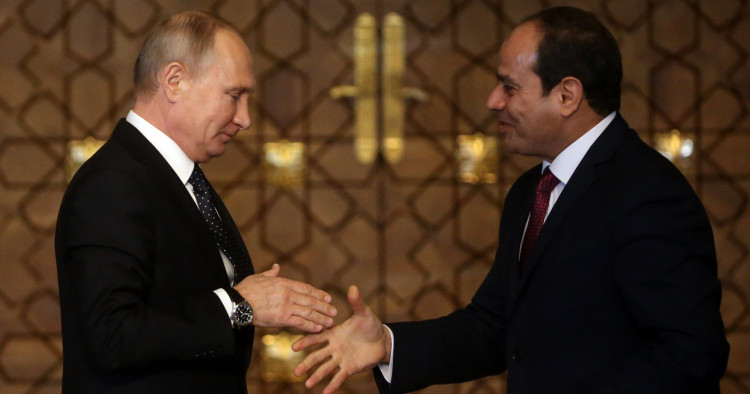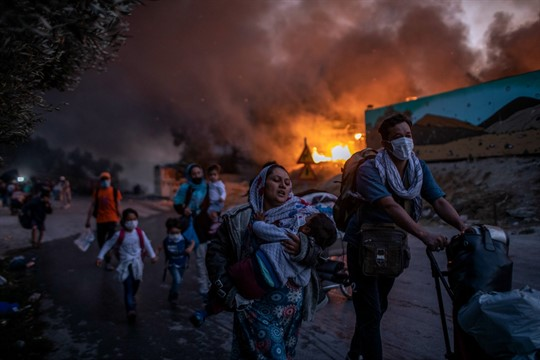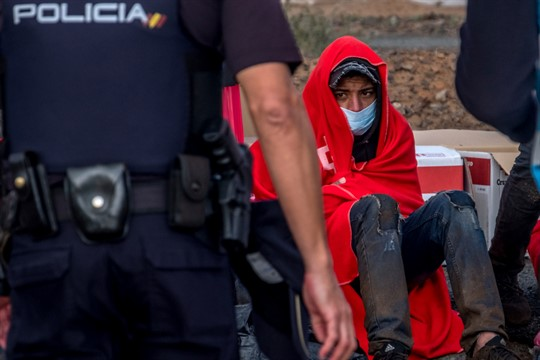Éthiopie: pour les États-Unis, les militaires érythréens sont toujours présents au Tigré
Il n’y a toujours pas de preuve d’un retrait des troupes érythréennes du Tigré, a déclaré ce mercredi le département d’État américain, venant confirmer des informations de l’ONU. Fin mars, le Premier ministre éthiopien avait pour la première fois reconnu la présence des soldats d’Asmara au Tigré. Il avait annoncé leur retrait, mais plusieurs sources confirment qu’ils sont toujours présents.





